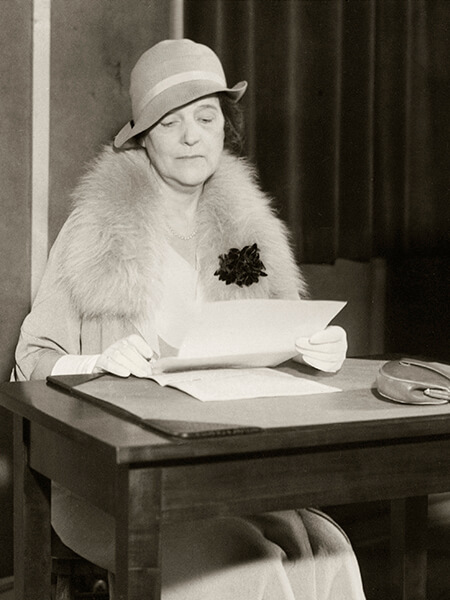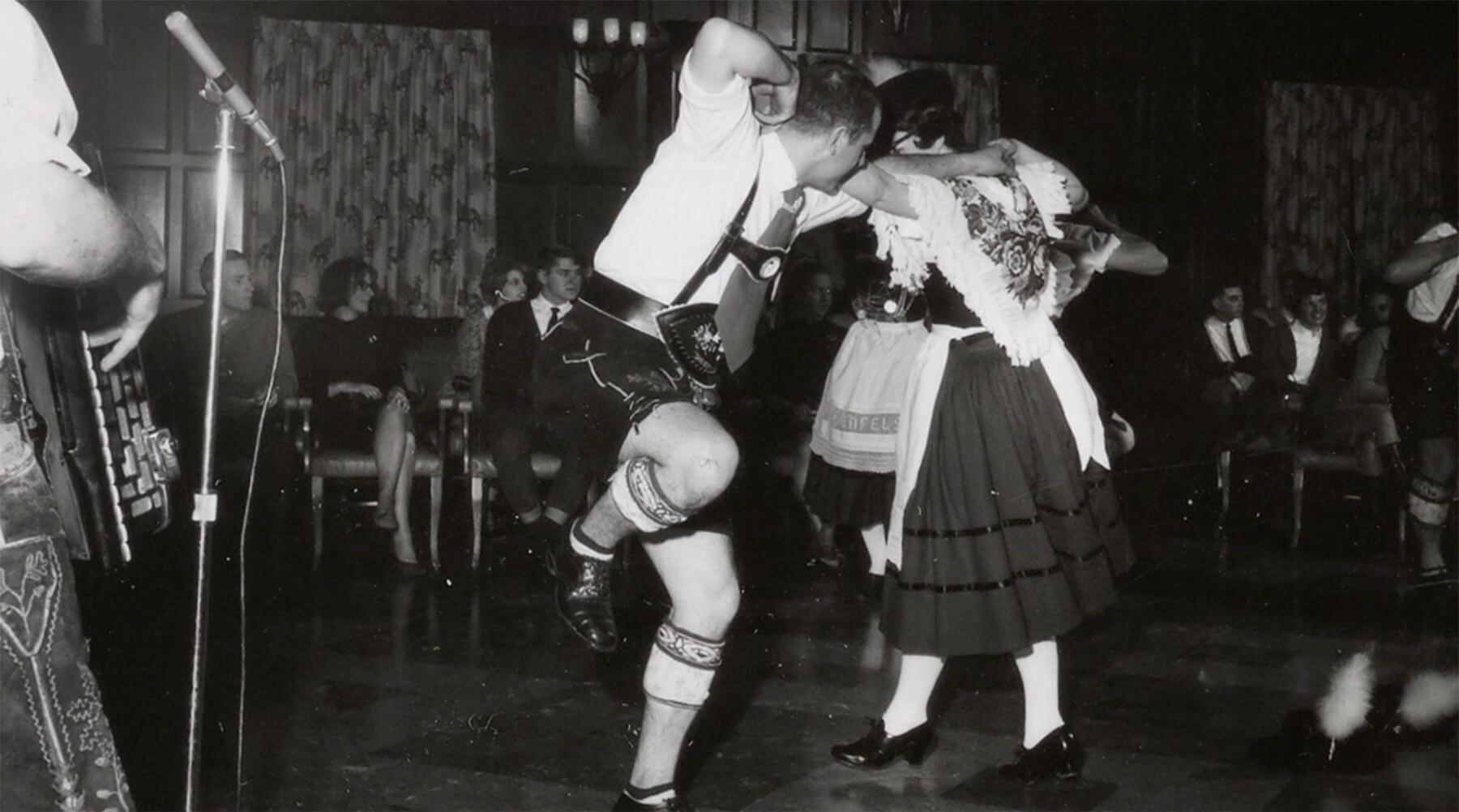
Good-bye,” says the title character at the end of the original version of Miss Lulu Bett. “Good-bye, all of you. I’m going I don’t know where — to work at I don’t know what. But I’m going from choice!”
In penning those words, Zona Gale 1895, ML1899 laid out her vision of feminist philosophy and earned the 1921 Pulitzer Prize: the first Pulitzer Prize for drama earned by a woman.
A native of Columbia County, Gale grew up in Portage, Wisconsin, and though she often traveled to larger cities — Milwaukee, New York, Los Angeles — Portage fueled most of her writing.
Gale enrolled at the University of Wisconsin–Madison to study literature, and she made a splash penning articles for the Badger yearbook and the Press Club. After earning her master’s degree, she left for Milwaukee to join the staff of the Sentinel. She then moved to New York — and moved out of newspapers and into magazines. But New York didn’t give her the inspiration she needed.
“How can an artist function in New York, with so few hours and so much food — or so little?” Gale wrote.
In 1903, she returned to Portage and found that Midwestern life gave her the inspiration she needed. In 1906, she published her first novel, Romance Island. Eleven more would follow, along with collections of short stories and plays.
“How can an artist function in New York, with so few hours and so much food — or so little?”
But Gale found herself drawn to politics as much as to literature. She was an active supporter of Robert La Follette and Wisconsin’s Progressive Party, and she became increasingly involved in the cause of women’s rights. She joined the National Women’s Party and was a founding member of the Lucy Stone League, an organization that aimed to give married women the right to keep their maiden name.
In 1920, she published the novel that made her most famous: Miss Lulu Bett, the story of a “spinster” in her 30s who lives with her sister and brother-in-law. The same year, she revised it as a Broadway play that ran for nearly 200 performances in New York before a long and successful run on the road.
Gale continued to publish, writing about small towns like Portage, until she died of pneumonia at the age of 64.
Thanks Columbia County for Zona Gale, who showed the world the force of small-town dreams.








